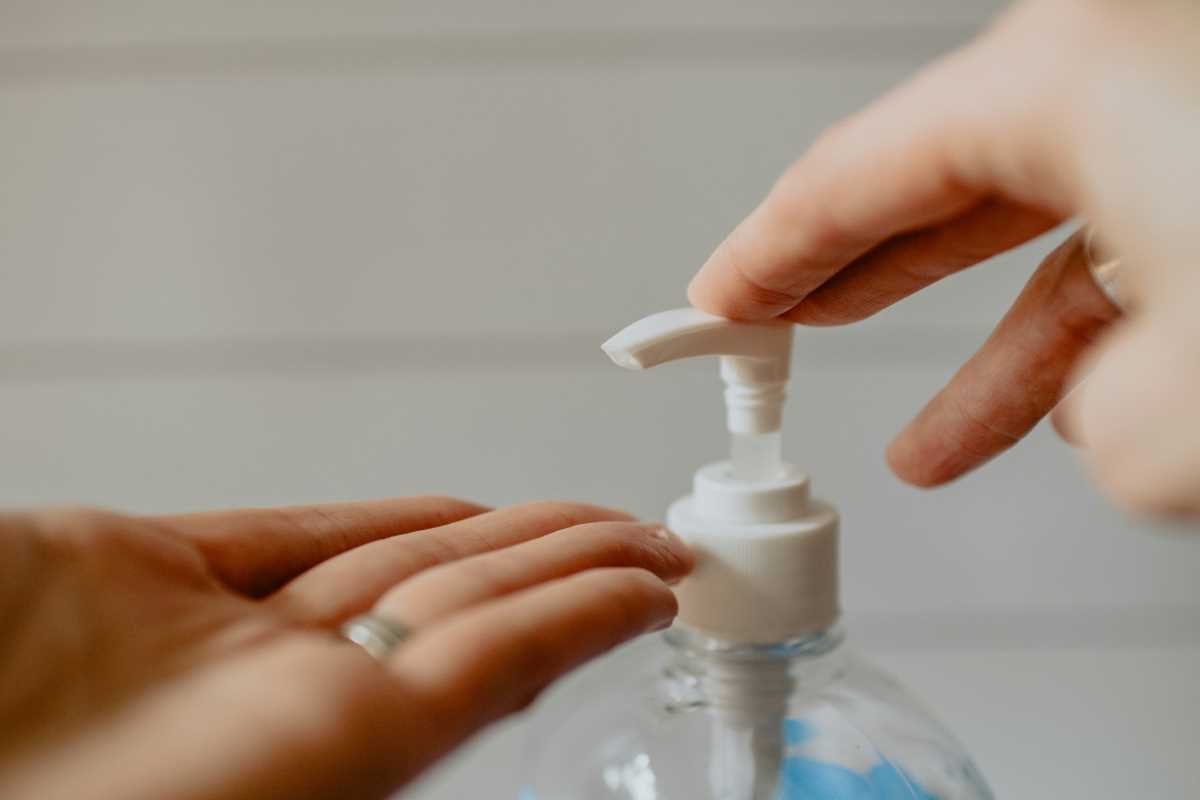Chronic inflammation is like that unwanted house guest who never leaves and keeps making themselves comfortable. Over time, it can wreak havoc on your joints, including your hips, and lead to discomfort, stiffness, and long-term health issues. But don’t worry! Reducing inflammation doesn’t require a miracle; it’s all about implementing a few practical strategies into your daily routine. The best part? These changes benefit your entire body, not just your hips. So, let’s dive into how you can tackle chronic inflammation and feel your best.
Embrace an Anti-Inflammatory Diet
Food is the fuel for your body, so let’s make sure it’s the right kind. Consuming the right nutrients can reduce the inflammatory fire that burns in your body. A diet rich in antioxidants, omega-3 fatty acids, and fiber can be a game-changer. Antioxidants neutralize the free radicals that promote inflammation, while omega-3s block the inflammatory pathways. Fiber helps by supporting healthy gut function, which is strongly linked to reduced inflammation.
What should you add to your plate?
- Colorful Fruits and Veggies: Berries, cherries, spinach, kale—bright, vibrant foods are the way to go!
- Fatty Fish: Salmon, mackerel, and sardines are excellent sources of omega-3s.
- Nuts and Seeds: Walnuts, flaxseeds, and chia seeds are powerhouses of anti-inflammatory goodness.
- Whole Grains: Brown rice, quinoa, and oats can help keep inflammation levels in check.
- Healthy Oils: Opt for olive oil or avocado oil in cooking for their anti-inflammatory properties.
By making these adjustments, you’re not just satisfying your hunger; you're feeding your body the tools it needs to fight inflammation.
Hydrate Like a Pro
Water might seem like the most basic thing, but it's often the most overlooked. Chronic dehydration can lead to stiffness in your joints, and when your hips are inflamed, water becomes your ally. Hydration helps flush out toxins and supports your body’s natural detoxification processes. Plus, staying hydrated helps lubricate your joints, making movement smoother and less painful.
It’s not just about drinking water; it's about drinking the right amount. Aim for at least 8 glasses a day, or more if you're active, and if you’re dealing with inflammation, try to sip consistently throughout the day. If plain water isn’t your thing, herbal teas or adding a splash of lemon can mix it up without adding inflammatory ingredients like sugar.
Move It or Lose It
Yes, we know—when your hips hurt, the last thing you want to do is exercise. But guess what? Regular physical activity is one of the best ways to combat chronic inflammation. Not only does it help reduce inflammation, but it also strengthens muscles and improves joint mobility. The trick is finding the right balance. You don’t have to start training for a marathon (unless you’re feeling extra ambitious), but mixing up your routine with cardio, strength, and flexibility exercises can go a long way in reducing chronic inflammation.
Some inflammation-busting exercises include:
- Low-Impact Cardio: Walking, swimming, or cycling are easy on the joints.
- Strength Training: Building muscle helps support your joints, so don’t skip the weights (or resistance bands!).
- Yoga or Pilates: These improve flexibility, increase blood flow, and help with pain management.
Just remember, the key is consistency. Exercise doesn't have to be intense, but regular movement will make a difference.
Stress Less, Live More
Ever notice how stress seems to make everything feel worse, including inflammation? That’s because stress activates the body’s inflammatory response. While some stress is inevitable, chronic stress can be a real pain in the hips (and everywhere else). Finding ways to manage stress is crucial for reducing inflammation and improving your overall well-being.
Here’s how you can bring down the stress levels:
- Meditation: Just 10 minutes of mindfulness can help calm your nervous system and lower stress-induced inflammation.
- Deep Breathing: Practice deep breathing exercises to reset your body and mind.
- Spend Time in Nature: Nature walks or simply being outside can reduce stress and promote healing.
- Social Connection: Whether it’s a chat with a friend or some quality time with family, positive relationships can reduce stress and inflammation.
Incorporating these stress-reducing activities into your routine doesn’t just help your hips — it can improve your whole life.
Catch Those ZZZs
If you're one of those people who thinks they can power through on 5 hours of sleep, think again. Quality sleep is essential when it comes to fighting inflammation. During sleep, your body goes into repair mode, helping to lower inflammation and recharge your system. Chronic sleep deprivation, on the other hand, increases inflammatory markers and can slow down the recovery process for your muscles and joints.
Most adults need 7-9 hours of sleep per night to feel their best. Creating a bedtime routine, cutting back on screen time, and making sure your sleep environment is comfortable can go a long way in improving sleep quality.
Practice Mindful Eating
Eating isn’t just about filling up; it’s about nourishing your body. Mindful eating involves paying attention to what and how much you eat, allowing your body to fully absorb the nutrients that can help fight inflammation. This isn’t just about slowing down during meals (although that’s a part of it), but also about tuning into your body’s signals so you can stop eating when you're full.
Plus, mindful eating can help with digestion, reducing bloating and supporting gut health, which is connected to inflammation. So, take a moment to chew your food properly, enjoy each bite, and be aware of how the food makes you feel. It's an easy strategy that doesn’t require fancy tools — just your attention!
Consider Supplements for Extra Support
While food should be your primary source of nutrients, sometimes supplements can give you that extra boost. Some supplements are particularly helpful in reducing chronic inflammation. However, always check with a healthcare provider before adding anything new to your routine, especially if you’re already on medication.
Supplements that support inflammation reduction:
- Turmeric/Curcumin: Known for its potent anti-inflammatory properties.
- Fish Oil: Rich in omega-3s that fight inflammation.
- Ginger: Has natural anti-inflammatory effects.
- Probiotics: A healthy gut can help reduce systemic inflammation.
While these aren’t magical cures, they can help fill in any gaps in your diet and give you a bit of extra inflammation-fighting power.
Take Control of Your Health
Chronic inflammation is a stubborn foe, but with these strategies, you’re equipped with the tools to tackle it head-on. Whether it's through diet, hydration, exercise, or stress management, each small change can contribute to a healthier, happier you. Remember, it’s not about perfection; it’s about progress. Stay consistent, listen to your body, and soon enough, you’ll notice less pain and more movement in your hips — and in your life.
(Image via Adobe)






